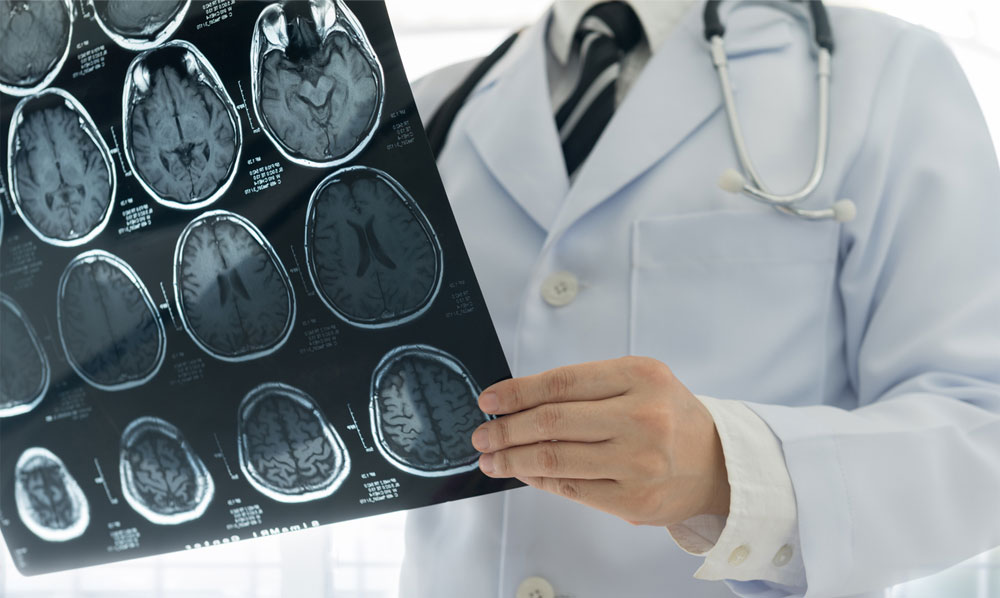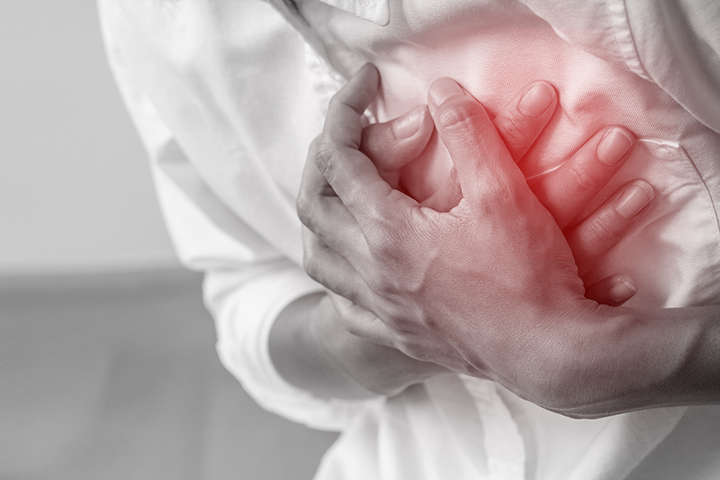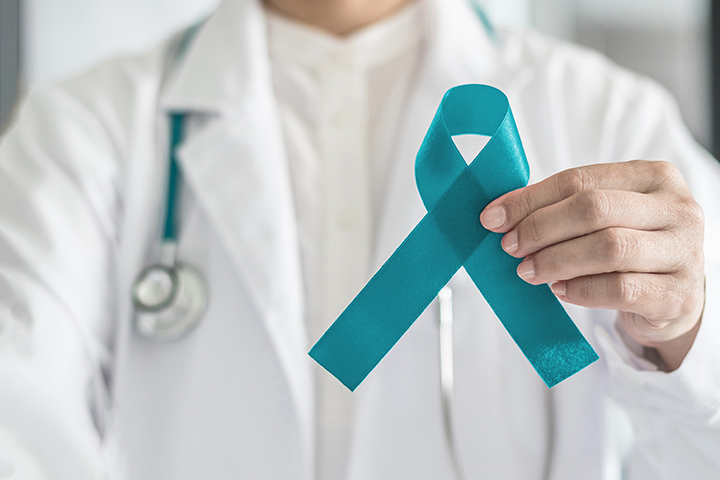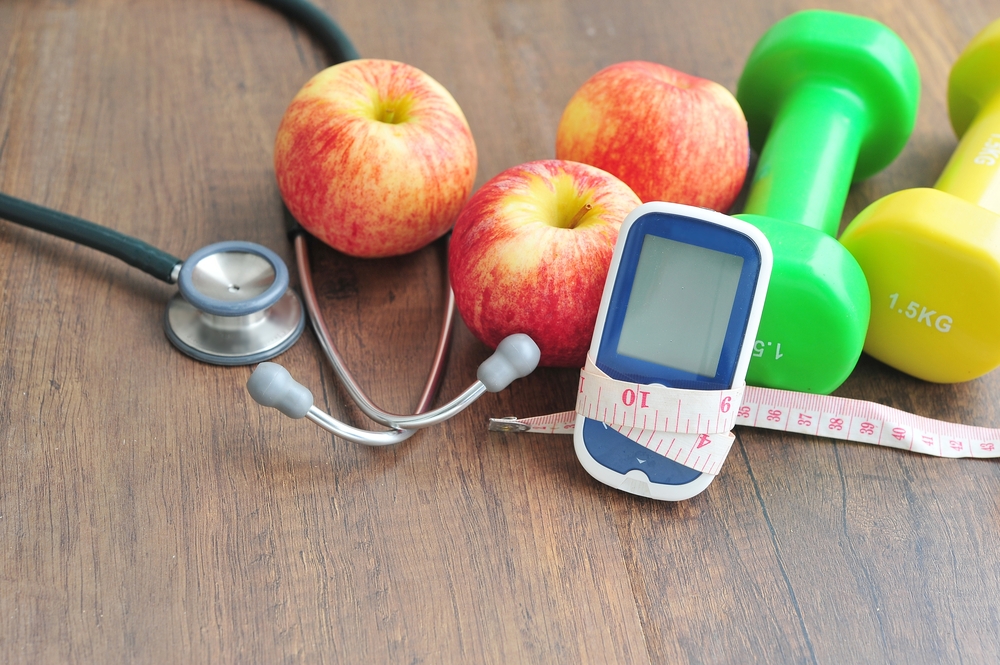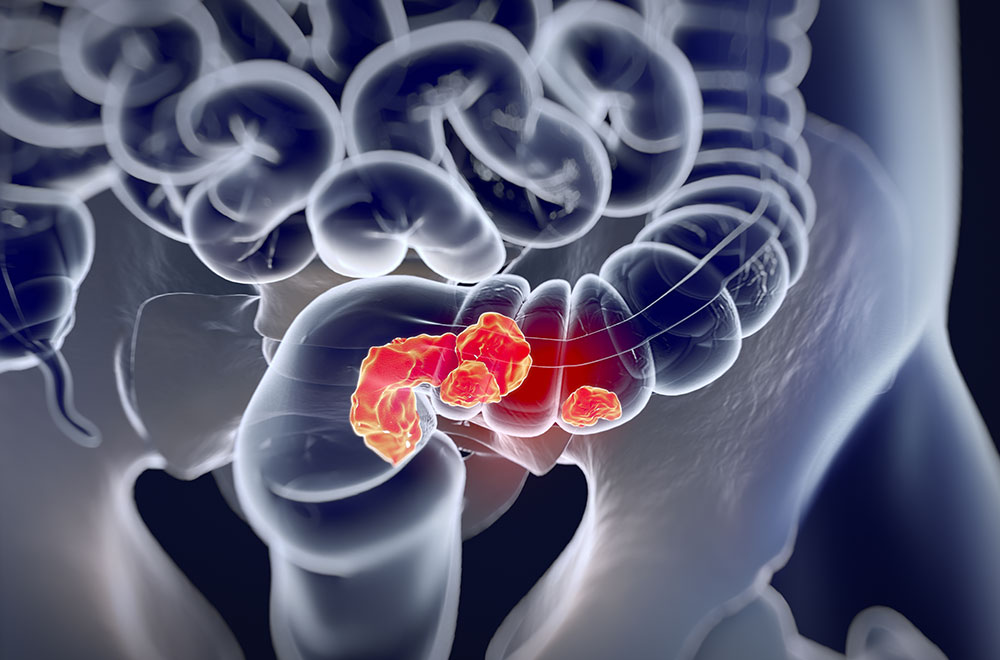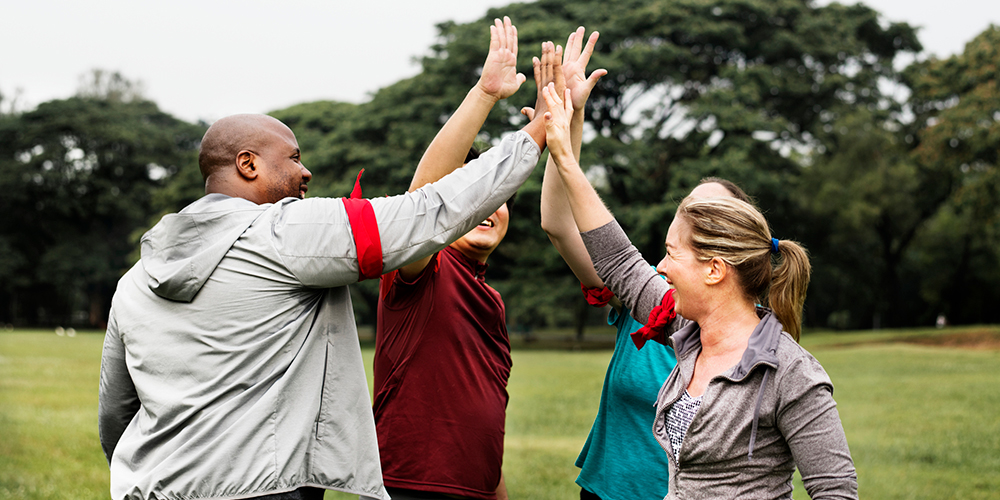Healthy Living
‘Tis the season for family, festivity, and food—lots of food. Temptations are everywhere, and parties and travel disrupt daily routines. What’s more, it all goes on for weeks.
Quarantine helps prevent spread of disease that can occur before a person knows they are sick or if they are infected with the virus without feeling symptoms.
An influenza (flu) shot is a flu vaccine given with a needle, usually in the arm. Seasonal flu shots protect against the three or four influenza viruses that research suggests may be most common during the upcoming season.
Suicide is a serious public health problem that can have lasting harmful effects on individuals, families, and communities. Suicide is more than a mental health concern.
School is back in session. As you stock up on pencils, take first-day pictures, and adjust to new bus schedules, take a few, quick steps that can keep your child safer during an emergency.
People suffer heat-related illness when the body’s temperature control system is overloaded. The body normally cools itself by sweating. But under some conditions, sweating just isn’t enough.
WHAT YOU NEED TO KNOW
Exposure to ultraviolet (UV) rays causes most cases of melanoma, the deadliest kind of skin cancer. To lower your skin cancer risk, protect your skin from the sun and avoid indoor tanning.
Celiac disease is a digestive disorder that damages the small intestine. The disease is triggered by eating foods containing gluten.
May is National Stroke Awareness Month. Stroke is the fourth leading cause of death in the United States (1). National Stroke Awareness Month aims to save lives by increasing awareness and educating the public about cardiovascular health.
Content provided and maintained by the US Centers for Disease Control and Prevention (CDC). Please see our system usage guidelines and disclaimer.
Flu is a contagious respiratory illness caused by influenza viruses that infect the nose, throat, and sometimes the lungs. It can cause mild to severe illness, and at times can lead to death. The best way to prevent flu is by getting a flu vaccine each year.
Content provided and maintained by the US Centers for Disease Control and Prevention (CDC). Please see our system usage guidelines and disclaimer.
hen it comes to your heart, what you eat matters. Follow these tips for heart-healthy eating.
Content provided and maintained by the US Centers for Disease Control and Prevention (CDC). Please see our system usage guidelines and disclaimer.
Make 2020 your healthiest year yet! Add these tips to your resolution list to boost your health and well-being!
Cervical Health Awareness Month is a chance to raise awareness about how women can protect themselves from HPV (human papillomavirus) and cervical cancer. HPV is a very common infection that spreads through sexual activity, and it causes almost all cases of cervical cancer.
Cancer prevention is action taken to lower the chance of getting cancer. By preventing cancer, the number of new cases of cancer in a group or population is lowered. Hopefully, this will lower the number of deaths caused by cancer.
Perhaps you have learned that you have a high chance of developing type 2 diabetes, the most common type of diabetes. You might be overweight or have a parent, brother, or sister with type 2 diabetes. Maybe you had gestational diabetes, which is diabetes that develops during pregnancy. These are just a few examples of factors that can raise your chances of developing type 2 diabetes.
Overall, the most effective way to reduce your risk of colorectal cancer is to get screened for colorectal cancer routinely, beginning at age 50.
Have you been thinking of adding more physical activity to your life? Have you thought about walking? Walking is a great way to be more active and is the most popular physical activity among adults.
Nearly 1 in 3 American adults has high cholesterol. Too much cholesterol puts you at risk for heart disease and stroke, two leading causes of death in the United States. High cholesterol has no signs or symptoms, so the only way to know if you have it is to get your cholesterol checked.
Read more to have your questions about the seasonal flu and flu vaccine answered.
Pain. It’s your body’s way of warning you that something might be wrong. But that doesn’t necessarily mean you should avoid exercise. In fact, depending on the type of pain you have, exercise could actually help.
Exposure to ultraviolet (UV) rays causes most cases of melanoma, the deadliest kind of skin cancer. To lower your skin cancer risk, protect your skin from the sun and avoid indoor tanning.
National Men’s Health Week is observed each year leading up to Father’s Day. This week is a reminder for men to take steps to be healthier, but they don’t have to do it alone! Whether it’s your husband, partner, dad, brother, son, or friend you can help support the health and safety of the men in your life.
Regular physical activity (exercise) can help lower your risk for many diseases that affect women, including heart disease and stroke. Exercise can also help relieve symptoms of some conditions, such as depression, type 2 diabetes, and high blood pressure.
Stress is a reaction to a change or a challenge. In the short term, stress can be helpful. It makes you more alert and gives you energy to get things done. But long-term stress can lead to serious health problems.
Confused about how to make healthier eating choices? Should you buy organic? What healthy substitutions can you make when cooking? Below are some dos and don’ts when shopping, cooking, and ordering food.










